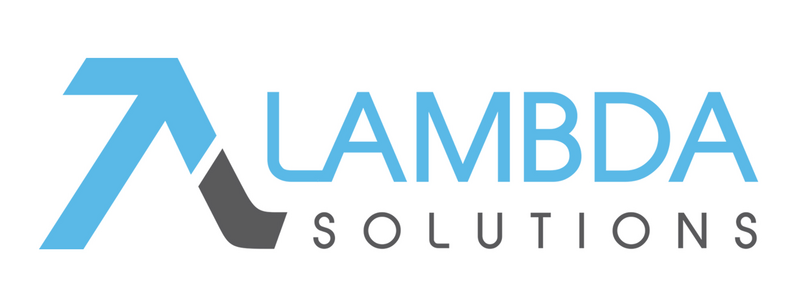Professional Partner Content
What to Look for When Assessing Emerging Learning Technologies
Published Wed Oct 03 2018
Early adoption is not necessarily a good thing, especially in a corporate environment. Emerging learning technologies represent a real gamble until there is enough data available to make an accurate assessment of how well the new technology will help you achieve your goals.
The Dangers of Early Adoption
When an emerging learning technology becomes available, the goal of the provider is to sell the product. The tool or technology might be hyped and the provider might tout the strong use case behind the technology while the product suffers from a lack of needs analysis or poor implementation.
You won't be able to accurately assess a new learning technology until more information about best practices and case studies from organizations that have adopted the technology become available. There is also no guarantee that the provider will fully commit to the product and deliver support and development in the future.
An emerging learning technology can become a considerable waste of time and resources if it doesn't meet stakeholders' expectations.
Assessing Emerging Learning Technologies
You need to go through a well-defined assessment process to evaluate new tools and techniques.
Start with a realistic use case. The information delivered by the technology provider is usually carefully crafted to advertise the product. Evaluate the tool or technique yourself, for instance by requesting a free demo or trial. Build a realistic use case by assessing the goals you can achieve with the new technology, identify risks and challenges, determine the steps you will take to achieve your goals, and figure out how you will measure success. Don't let the technology provider build the use case for you.
Develop a proof of concept. Your goal is to determine if the new system will satisfy the requirements unique to your organization. An emerging technology can be very promising but might not be a good match for your stakeholders or might not integrate well with your current system.
Emerging Learning Technology Trends
There are a lot of interesting trends shaping the world of learning technology in 2018. These include:
cloud-based systems
an emphasis on mobile devices
the rise of VR and AR
machine learning and AI technology to deliver personalized experiences adaptive learning
the use of a wide range of formats for learning material, such as microlearning
collaborative and social learning.
Emerging Learning Technology Predictions
Three trends are likely to become more prominent in the near future:
Learners will have the equivalent of a one-on-one experience with an instructor thanks to L&D analytics. Machine learning and AI technologies will be used to deliver customized content adapted to the learning style and challenges of each person.
Learners will have a second type of learning experience that is geared toward social and collaborative learning. Learning and development metrics will be used to refine these collaborative activities and boost engagement as well as information retention.
Tools such as Moodle reporting plugins or the out-of-the-box LMS reporting options will be replaced by more performing solutions. LMS reporting (https://www.zoola.io/) will become more performing and provide instructors and course designers with real-time feedback and advanced insights. Automation might eventually play a role in leveraging these advanced LMS insights to improve the content delivered.

